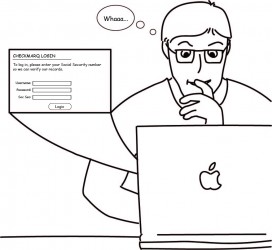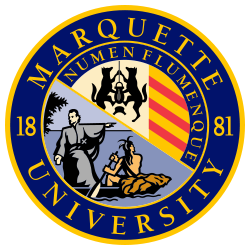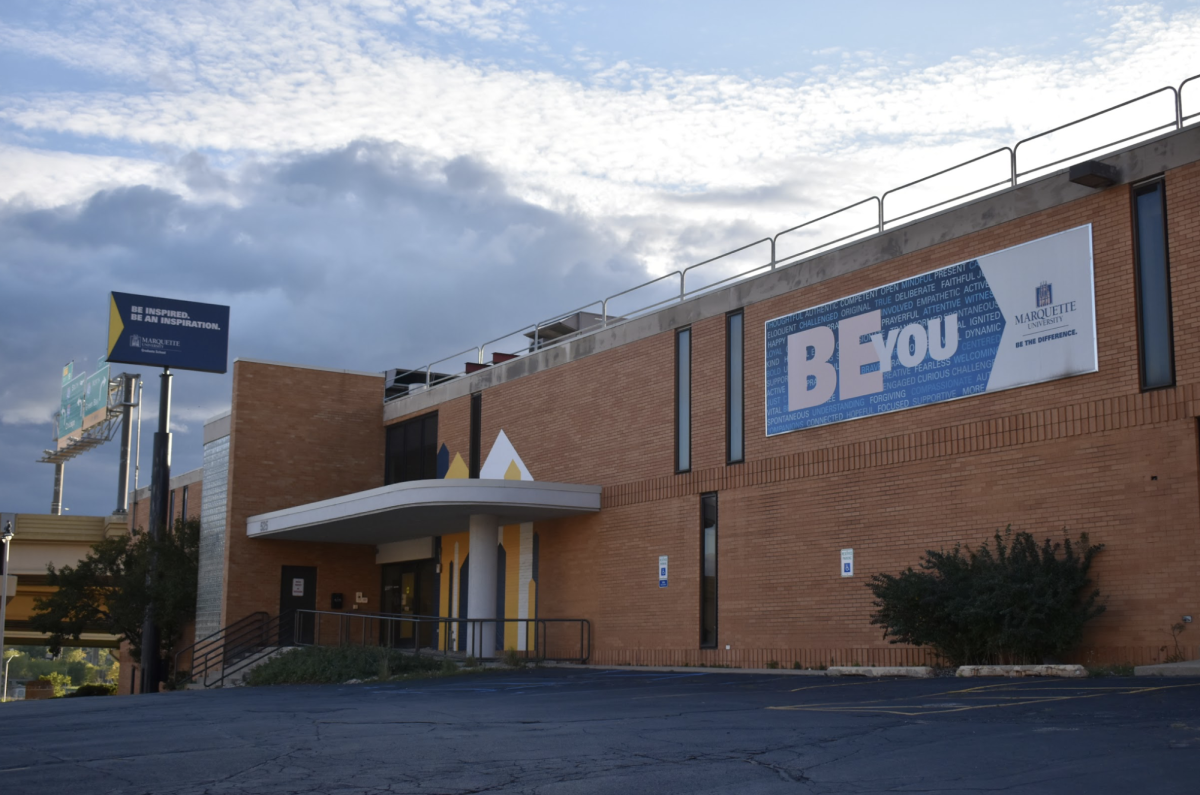
With the Internet as the central place where we share ideas and information, with varying degrees of privacy, it is possible for personal information to fall into the wrong hands. This can pose a threat to our online presence and personal security. While this may not be a great concern when it comes to profile pictures and hometowns, Social Security numbers and credit details are a different story.
These are two of many documents belonging to Marquette Graduate School applicants that could have been accessed during an online data breach a university employee discovered last week. A failure in log-in requirements rather than the work of a hacker, the vulnerability, which was only open to those with Marquette credentials and not the general public, has since been patched with offerings to protect any targeted individual.
The Milwaukee Journal Sentinel was first to report the breach, as a public investigator received the same debriefing statement as graduate applicants on Thursday. However, current Marquette students, undergraduate applicants and staff were not notified of any problem within the system.
Other university students’ personal data may not have been at risk during the breach, but that does not explain the lack of communication between the university and its related parties. With a glitch in one group of students’ records, this opaqueness raises concerns about what the university is informing us on and what they intend to do.
“The university and the Graduate School have taken appropriate steps to prevent further access to education records,” Thursday’s statement said.
This statement does not indicate what precautions will be taken or if the university will step up its security as a result. In today’s reality, hacking and data breaches often take place where you least expect them, from the Jimmy John’s food chain to North Dakota State College of Science. Internet security plans should be ongoing with a great sense of what threats are out there and what the most prudent response plan is.
Also important with such safety plans is informing people on any breaches or problems that show up. Campus affiliates, besides graduate student applicants, were not alerted to the breach, and if they did not read the JS or the Wire, they may never know anything. While the recent graduate student breach may not pose a present or very substantial threat to undergraduates and other university members, disclosure of pertinent information is key to eliminating future threats.
The university keeps a great deal of information about us online, from Social Security numbers to credit information about our parents, that we would like to keep private for the sake of self-protection. University plans should work with even more individuals, who are generally just prompted to take precautions to protect this information, like changing ultra-sensitive passwords, in an attempt to decrease the possibility of hacking or glitches.
In all, the administration needs to be more informative of how they will respond to this particular breach in order to prevent an entire university breach that could be public. Proactive precautions should also be part of this information so related individuals may be aware of the risks and act in a constructive manner to protect their internet presence.
The Internet is a great resource for information, but both the university and individuals should take definite action to control what third parties can access.







